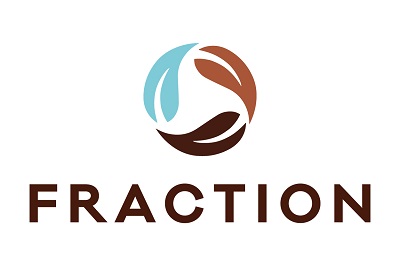
01 June 2021 – 31 May 2024
The EU’s drive towards a circular economy has seen increasing numbers of biorefineries established in Europe. As a result of the EU’s bioeconomy, these will continue to rise; however, in future the focus will be on so-called ‘second-generation’ refineries, which target lignocellulosic feedstocks from non-edible and non-energy crops, as well as biowaste, to produce biofuels for electricity, heat, as well as bio-based polymers and chemicals. However, lignocellulosic feedstocks pose particular challenges to process. The required pre-treatments for the feedstock make biorefineries difficult to run economically; this is compounded by different feedstocks requiring different processes. If future lignocellulosic biorefineries want to remain competitive, they will need to be adaptable and capable of optimising production to a wide and changing range of feedstocks, demand and economic conditions.
The FRACTION project will pioneer a new second-generation biorefinery approach. This is designed to maximise the purity and quality of lignin and hemicellulose side streams to allow them to be used in high added-value products, while keeping high quality cellulose as main targeted product. This relies on novel organosolv fractionation process based on ɣ-valerolactone (GVL) and water followed by downstream processing and purification technologies.
The added value of this process arises from the performance of the GVL-based approach, which solves many of the existing challenges. It allows for continuous biomass feeding, high biomass loading and low degradation of all three streams – cellulose, hemicellulose and lignin. In addition, the GVL is recoverable and recyclable. This technology should help ready second-generation biorefineries for the future.
This project has received funding from the Bio Based Industries Joint Undertaking under the European Union’s Horizon 2020 research and innovation program under grant agreement N°101023202.
Fore more information:
https://www.cbe.europa.eu/projects/fraction
https://cordis.europa.eu/project/id/101023202
